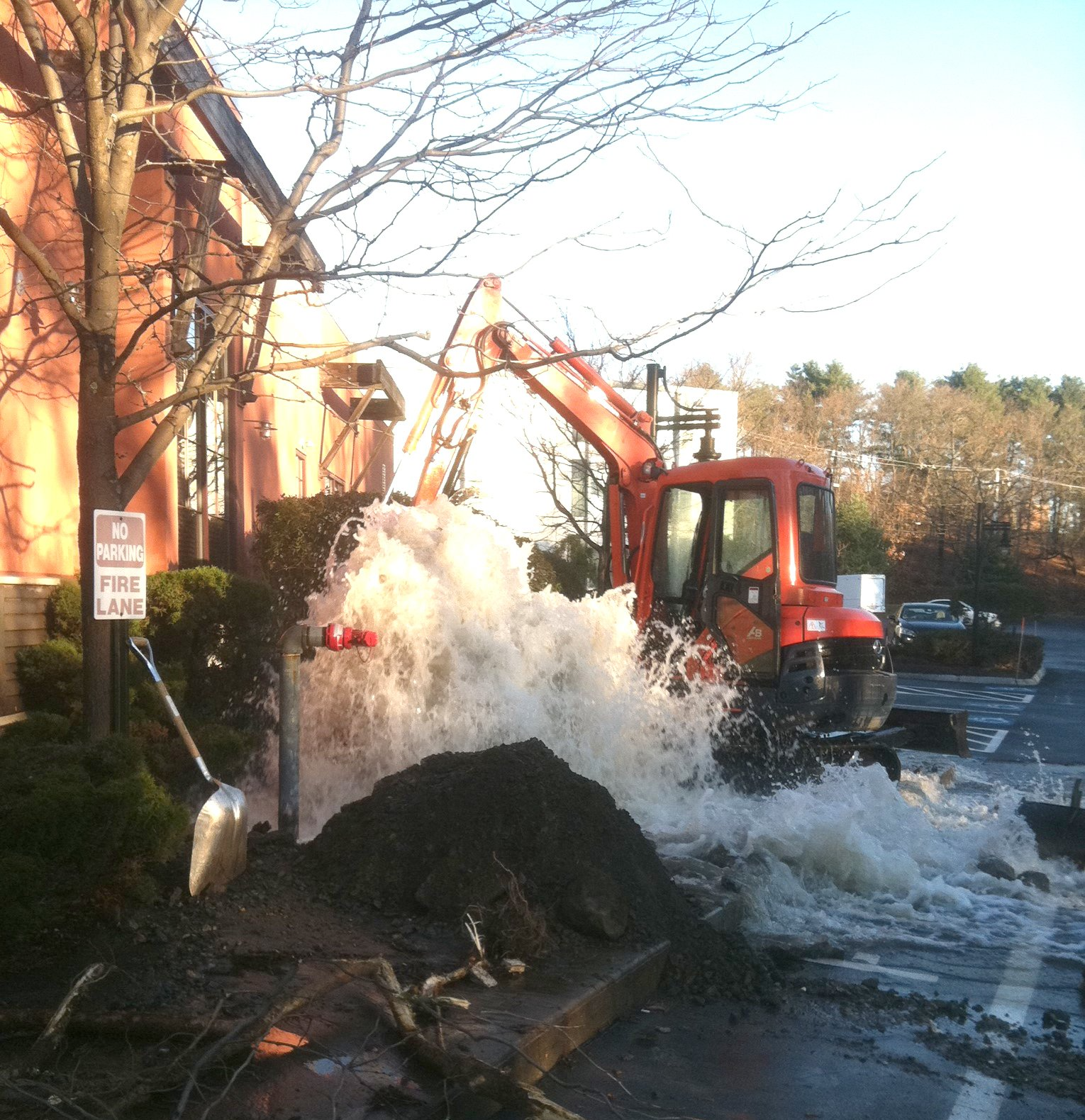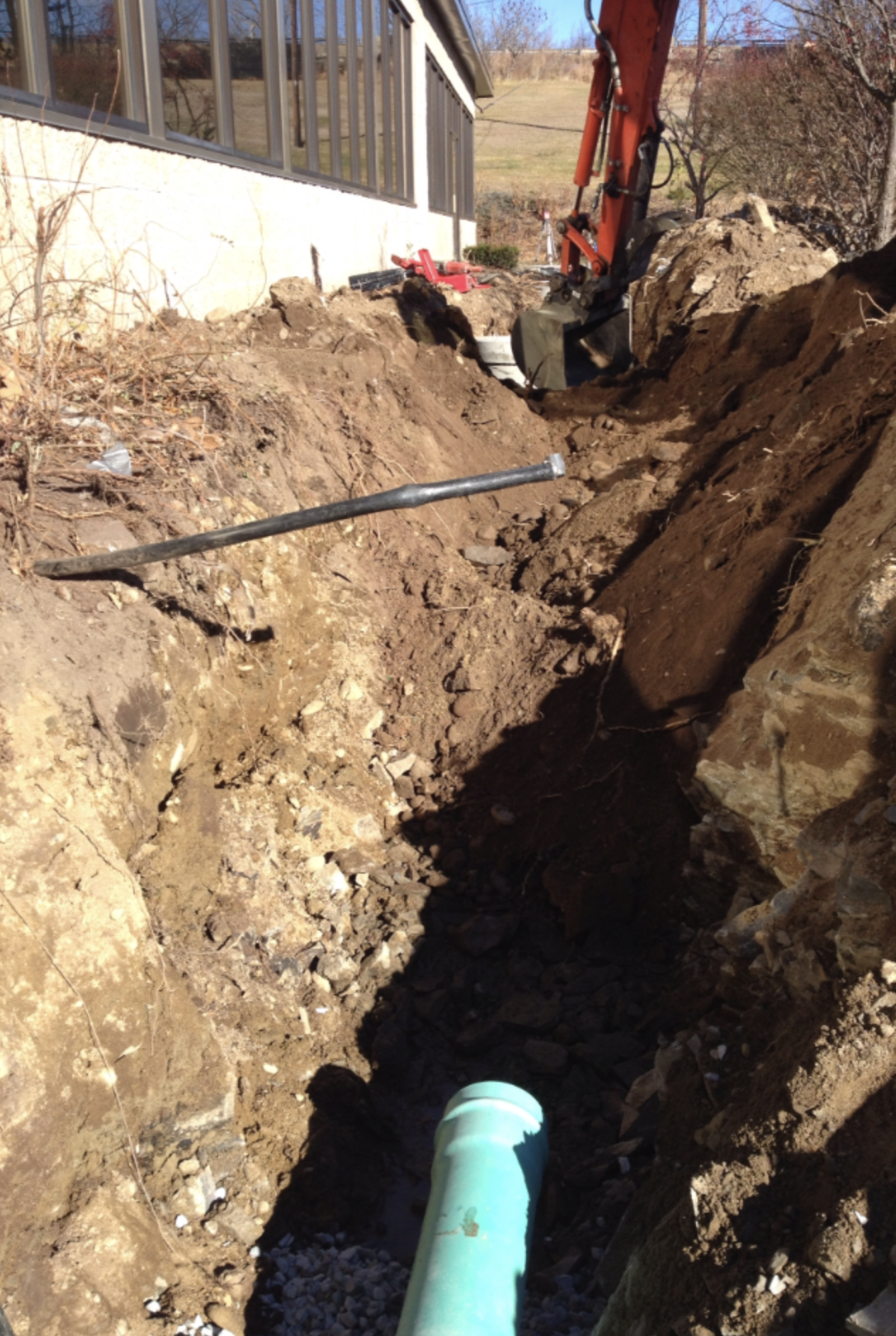Water Main Break
A water main is an underground pipe that delivers water to the customer's service pipe. In residential areas, it usually runs under the street. If a hole or crack develops in the pipe, the water will typically find its way to the surface. Because the water main is under pressure, water will continue to flow until the break is repaired.
WHAT TO EXPECT WHEN A WATER MAIN BREAK OCCURS:
Main breaks can cause a loss of water pressure or even temporary loss of service as the main is shut down to isolate the emergency. Most interruptions to water service are fixed within six to eight hours. In some cases, such as water main breaks that occur in the middle of the night, water is usually restored by the following day. Affected customers are notified with a door hanger on the front door of the property.
Repairs to water service can allow sediment and debris into pipes. Here are some tips for clearing debris from your water pipes after street repairs have been made:
- Run your cold water faucets for several minutes in order to release air and remove debris from the system.
- Use bathtub, laundry faucets, and hose bibs when possible for flushing your system, as they generally have a larger capacity and do not have aerator screens to trap debris.
- Clean faucet screens to remove debris that might clog the water fixture.
WHY WATER MAINS BREAK:
Water main breaks usually result from external corrosion of the pipe. Soil is highly conductive and corrodes the metallic pipe from the outside in. Changing soil conditions can then cause the weakened pipe to break.
DOES COLD WEATHER CAUSE MORE WATER MAIN BREAKS?
Water main breaks are more likely to occur when frost penetrates deep into the ground, to a level of 3-5 feet, usually from late January until early April. While cold temperatures may send the frost deeper, the level of snow cover is also important. Snow will act as a "blanket" insulating the ground. In years when there is plenty of snow, the frost does not go as deep.
HOW ARE THEY REPAIRED?
First we control the water by closing valves. Then we contact other utilities to make sure we can dig without damaging other services or endangered staff or the public. We find the leak using an electronic leak detector, and then dig down to the pipe. Depending on the type of failure, we may apply a repair clamp or replace a length of the pipe.


SITE CLEARING
EXCAVATION
BACKFILL
SOIL COMPACTION
DRAINAGE
CONCRETE SLAB REMOVAL
CONCRETE SLAB INSTALL
STUMP REMOVAL
FOUNDATION REMOVAL
TRENCHING
GRADING
SUB GRADE PREP
SOIL STABILIZATION
CONSULTING
JJT EXCAVATING | JOSEPH TOCCI
Leominster Massachusetts
978-502-6503
